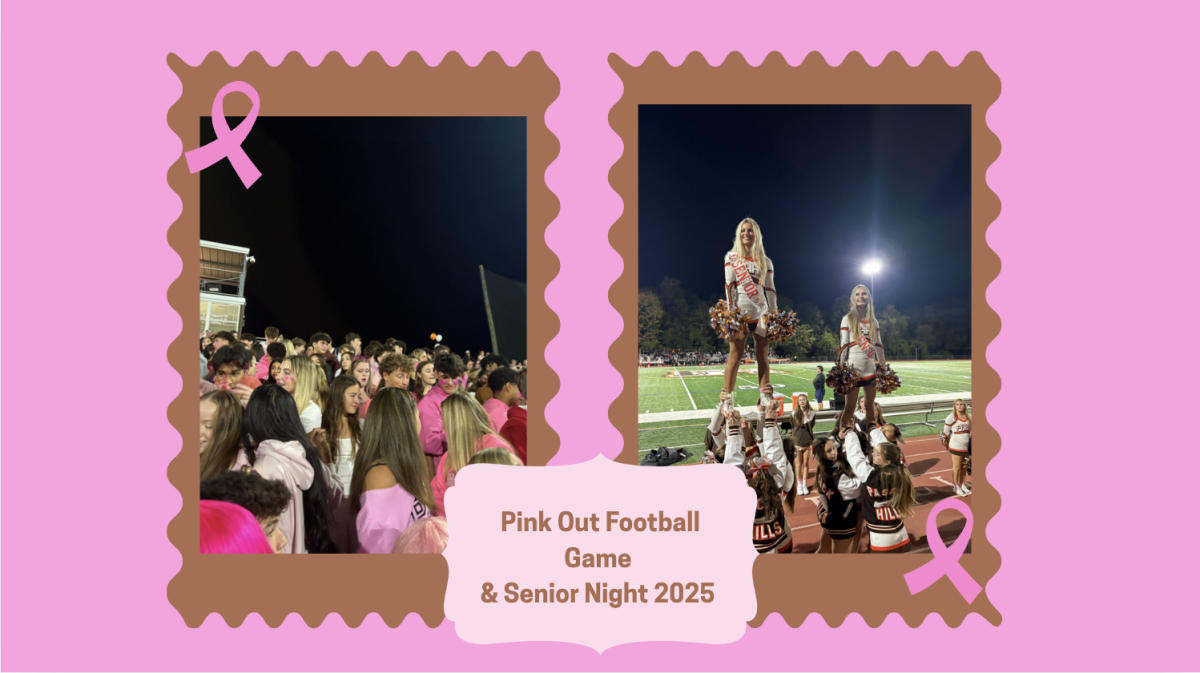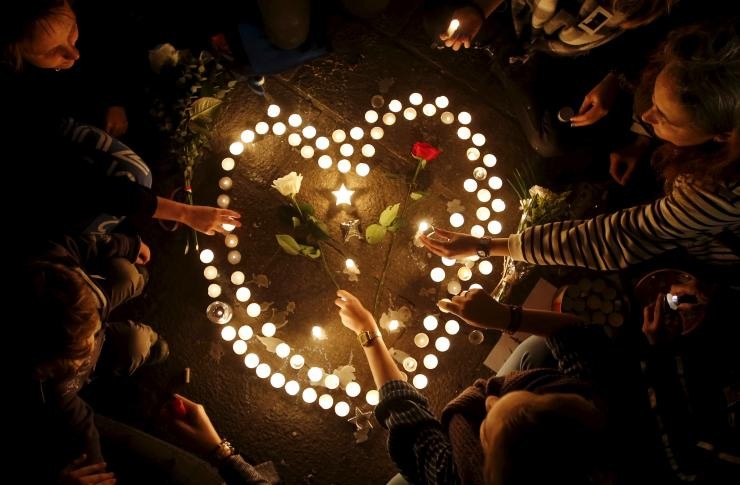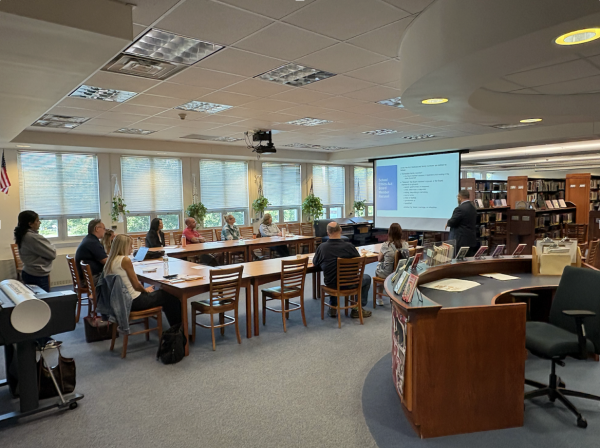In Defense of Religion and Prayer in Times of Crisis
The following is an Opinion-Editorial.
In response to the attacks in Paris on Friday, people of all religions and backgrounds are offering their prayers to those who were, and will be, affected. Religion has been a safe haven for millions of people for thousands of years. People have looked to the heavens for the answers to life’s many questions, which may seem increasingly more antiquated as science progresses; but to undermine the status of prayer in times of calamity is to undermine the support systems of the majority of the human race. For many people, prayer is all they can offer to the people of Paris, of Beirut, of Baghdad. For many people, who may be unable to offer money or supplies, prayer seems like the best option. It is hardly “useless,” or “ineffective,” but rather comes from the most compassionate of places. Those who offer their prayers in times of distress are giving from the very depths of their heart.
Each religion offers both good and evil. In the words of Reza Aslan, writer and scholar of religions, “Islam doesn’t promote violence or peace. Islam is just a religion. And like every religion in the world, it depends on what you bring to it. If you are a violent person, your Islam, your Judaism, your Christianity, your Hinduism, is going to be violent.” And in light of recent events, this rings truer than ever. ISIS clearly doesn’t bring peace into Islam, but millions of other Muslims are praying for peace and justice in a world in which these things are hard to find. For them, prayer is a catharsis, a healing thing. Atheists and Agnostics may not recognize the value of prayer, but prayer in its most simple form, is an expression of compassion.
Post 9/11, people of all Christian sects and all religions flocked to St. Paul’s Chapel, a place of worship that did not falter and did not crumble under the dust of the World Trade Center. Saints and sinners alike banded there together under the eyes of all their Gods, serving meals, making beds, providing counsel and medical attention to those who needed it most. In this way, the compassion and refuge of religion had the capacity to heal a city.
Yes, France is one of the most secular countries in the world. Paris is more than just the city of light, but of life itself, and as Ian McEwan put it, “Everything [Isis] loathed stood plainly before them on a happy Friday evening: men and women in easy association, wine, free-thinking, laughter, tolerance, music.” But despite France’s secular tendencies, there’s still no reason to mock one of the greatest coping mechanisms in the world. Religion, and by extension, prayer, has the power to inspire music, evoke tears, and even in times of great distress and sadness, stitches up the wounds and all the hurt in the world.
Of course, prayer as an intangible doesn’t hold those mystical powers which can stand up to ISIS. But the love, compassion, and self-expression within it can. ISIS targeted France because its vibrant culture is a threat to their hatefulness. This hatefulness cannot possibly thrive in a world that supports love, compassion, and self-expression. So in your many quests to fight the darkness that is the Islamic State, whether that means being an active member of the electorate, standing up for the marginalized and oppressed, or simply just continuing to live your life fearlessly, remember that the light of religion and prayer is an equally valid weapon.
















































Tatiana Gallardo • Nov 19, 2015 at 12:59 PM
Yes, Olivia! I agree 100%. Prayer has the power of compassion and sympathy. How could someone ever be against it?